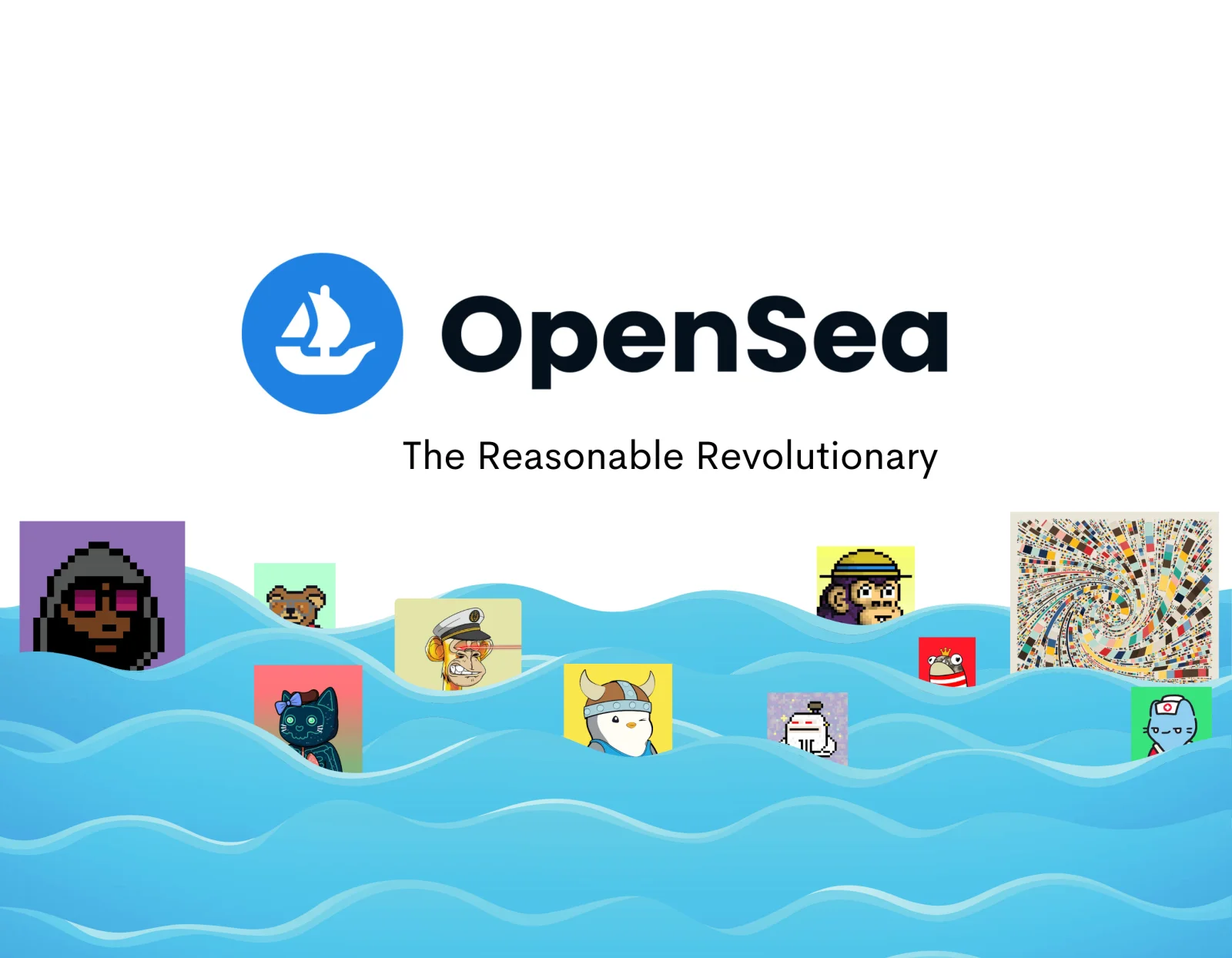A former OpenSea product manager has successfully overturned his conviction in what represented the first insider trading case involving non-fungible tokens, marking a significant legal setback for prosecutors attempting to apply traditional financial crime laws to the cryptocurrency sector. The federal appeals court ruling on Thursday fundamentally challenges how authorities can pursue crypto-related fraud cases.
The case involved Nathaniel Chastain, a 35-year-old Massachusetts native who managed homepage curation at OpenSea, the world's largest NFT marketplace. In May 2023, Chastain was convicted of wire fraud and money laundering for using insider knowledge to purchase NFTs just before they were featured on the platform's front page, subsequently selling them for profit.
Court filings revealed Chastain generated approximately $57,000 through 15 such trades, utilizing anonymous wallets to conceal his identity before transferring proceeds to his personal account. Prosecutors characterized the scheme as theft of confidential business information, arguing it constituted misuse of OpenSea's proprietary data.
Appeals Court Faults Defective Jury Instructions
The 2nd US Circuit Court of Appeals in Manhattan delivered a 2-1 decision reversing Chastain's conviction, ruling that jurors received fundamentally flawed instructions that permitted conviction based solely on unethical behavior rather than actual theft of commercially valuable property.
Judge Steven Menashi, writing for the majority, criticized the lower court for instructing jurors that Chastain could be found guilty even if the information he utilized lacked tangible value to OpenSea. He particularly condemned jury guidance suggesting conviction was appropriate if Chastain's conduct violated broad notions of honesty and fair play.
Menashi warned that employing such standards could criminalize virtually any deceptive act, fundamentally expanding federal fraud statutes beyond their intended scope. The appeals court remanded the case to US District Judge Jesse Furman for further proceedings, though prosecutors have not indicated whether they intend to retry Chastain.
The ruling emphasized that the featured NFT data was not monetized by OpenSea and was not treated as a valuable internal asset, making it too "ethereal" to qualify as property under wire fraud statutes. This determination significantly narrows how prosecutors can apply fraud laws to confidential information in digital asset cases.
Significant Implications for Crypto Prosecution Strategy
The decision represents a substantial blow to the Department of Justice's early efforts to establish legal precedents for policing NFT markets and broader cryptocurrency activities. Chastain had already completed his three-month prison sentence while his appeal was pending, with his legal team characterizing the original conviction as a "miscarriage of justice."
The conviction was initially announced in June 2022 during the height of the NFT market boom, when the sector was valued at nearly $40 billion. Prosecutors positioned the case as demonstrating that digital asset markets would face the same regulatory scrutiny as traditional financial markets.
However, Thursday's ruling may force federal authorities to fundamentally reconsider their approach to cryptocurrency-related prosecutions, particularly regarding what constitutes commercially valuable proprietary information in digital asset contexts.
Judge Jose Cabranes dissented from the majority opinion, indicating he would have upheld the original conviction. The US Attorney's office in Manhattan has not commented on potential future prosecution efforts.
 Nikolas Sargeant
Nikolas Sargeant







